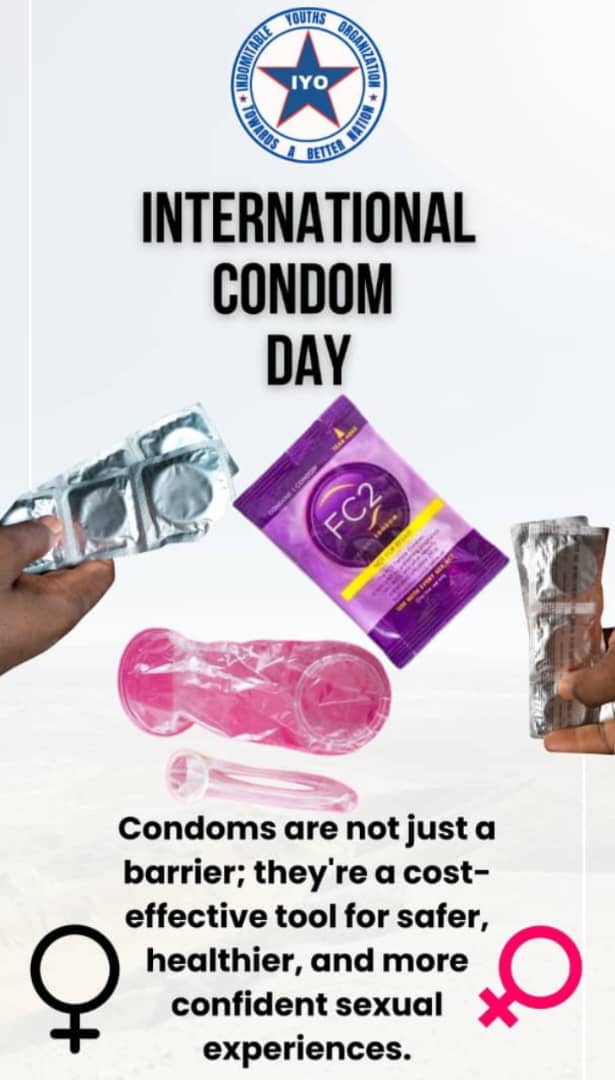A civil society organisation, Indomitable Youths Organisation, has expressed concerns over rising cost of condoms, saying the development could constitute a setback for efforts at reducing spread of sexually transmitted infections and ensuring healthier communities.
The group, in a statement issued on Thursday to commemorate the 2025 International Condoms Day, charged government at all levels to prioritise affordability and accessibility of condoms especially for low-income earners and those living in underserved as condoms as become crucial tool in preventing STIs and unintended pregnancies.
According to the Executive Director of IYO, Bright Oniovokukor, government, stakeholders, especially parents should not turn blind eyes to the reality that many young people are engaging in sexual activities that put them at risk of unintended pregnancies, STIs, and HIV, adding, “We also know that substance abuse and peer pressure can sometimes lead to risky decisions.”
Oniovokukor stated that the importance of using condoms should not be under-emphasised as they are not just a barrier but a cost-effective tool for safer, healthier, and more confident sexual experiences.
He advocated that, “By using condoms, you can protect yourself and your partners from STIs, including HIV, and unintended pregnancies. It is a simple step that can have a huge impact on your life. So, let us make a pact to prioritise our health and well-being. Let us talk openly and honestly about sex, relationships, and condom use. Let us support each other in making informed choices.”
“Remember, your health, your body, and your future matter. Let’s take control of our sexual health and make condoms a part of our safer sex practice,” he added.
Oniovokukor, while describing the rising cost of condoms as a pressing concern, especially for low-income individuals, insisted that the inability to purchase or get it free could hamper efforts of those seeking to secure their lives health wise.
Proffering way forward to the challenge, he said, “Users should explore affordable options by looking for subsidized or free condom distribution programs in their area, often provided by government health departments, NGOs, or community organisations. They need to prioritise health, while cost is a factor, they need to remember that condoms are a crucial tool in preventing STIs and unintended pregnancies.
“The governments should subsidise for their citizens and not expect donors to continually do this. They need seriously consider subsidising condom prices or providing them for free, especially in communities, to increase accessibility.
Government should implement social marketing programs, develop social marketing initiatives to promote condom use and make them more affordable, while also educating the public about their importance.
“Stakeholders need to collaborate on condom distribution: Partner with governments, NGOs, and community organisations to distribute condoms, especially in underserved areas. They should advocate for affordable condoms, raise awareness about the importance of affordable condoms and push for policies that make them more accessible to all.
“We all can ensure that condoms are accessible and affordable for everyone to help promote healthier communities and reducing the spread of STIs.”

